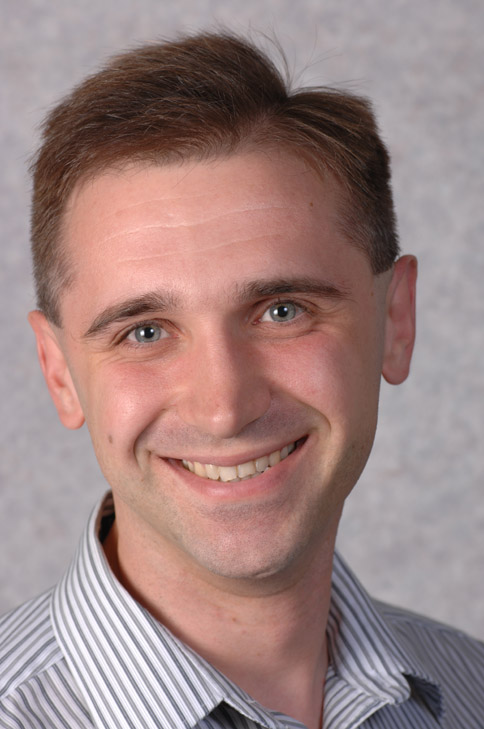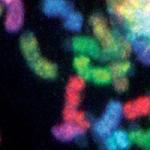
Research Topics
The current research of the Ovcharenko group at NCBI focuses on deciphering the semantics and studying the evolution of the gene regulatory code in eukaryotes. The group uses comparative genomics, statistics, and machine learning to understand the DNA sequence encoding of tissue-specific regulatory elements and the links between regulatory element sequence variation and disease.
Biography
Dr. Ovcharenko is a tenure-track Investigator at the Computational Biology Branch of NCBI/NLM . He graduated from the Novosibirsk State University (Russia) with a PhD degree in Physics and Mathematics in 1999. Following his postdoctoral research at the UC Berkeley and Lawrence Berkeley National Laboratory (LBNL) centered on the development of computational methods for the identification of gene regulatory elements, Dr. Ovcharenko was leading evolutionary studies of gene regulatory mechanisms in vertebrate species as a tenure-track Scientist at the Lawrence Livermore National Laboratory (LLNL) and Joint Genome Institute (JGI).
Selected Publications
- Li S, Hannenhalli S, Ovcharenko I. De novo human brain enhancers created by single-nucleotide mutations. Sci Adv. 2023;9(7):eadd2911.
- Huang D, Ovcharenko I. Enhancer-silencer transitions in the human genome. Genome Res. 2022;32(3):437-448.
- Li S, Kvon EZ, Visel A, Pennacchio LA, Ovcharenko I. Stable enhancers are active in development, and fragile enhancers are associated with evolutionary adaptation. Genome Biol. 2019;20(1):140.
- Huang D, Petrykowska HM, Miller BF, Elnitski L, Ovcharenko I. Identification of human silencers by correlating cross-tissue epigenetic profiles and gene expression. Genome Res. 2019;29(4):657-667.
- Li S, Ovcharenko I. Human Enhancers Are Fragile and Prone to Deactivating Mutations. Mol Biol Evol. 2015;32(8):2161-80.
Related Scientific Focus Areas
This page was last updated on Tuesday, July 11, 2023


